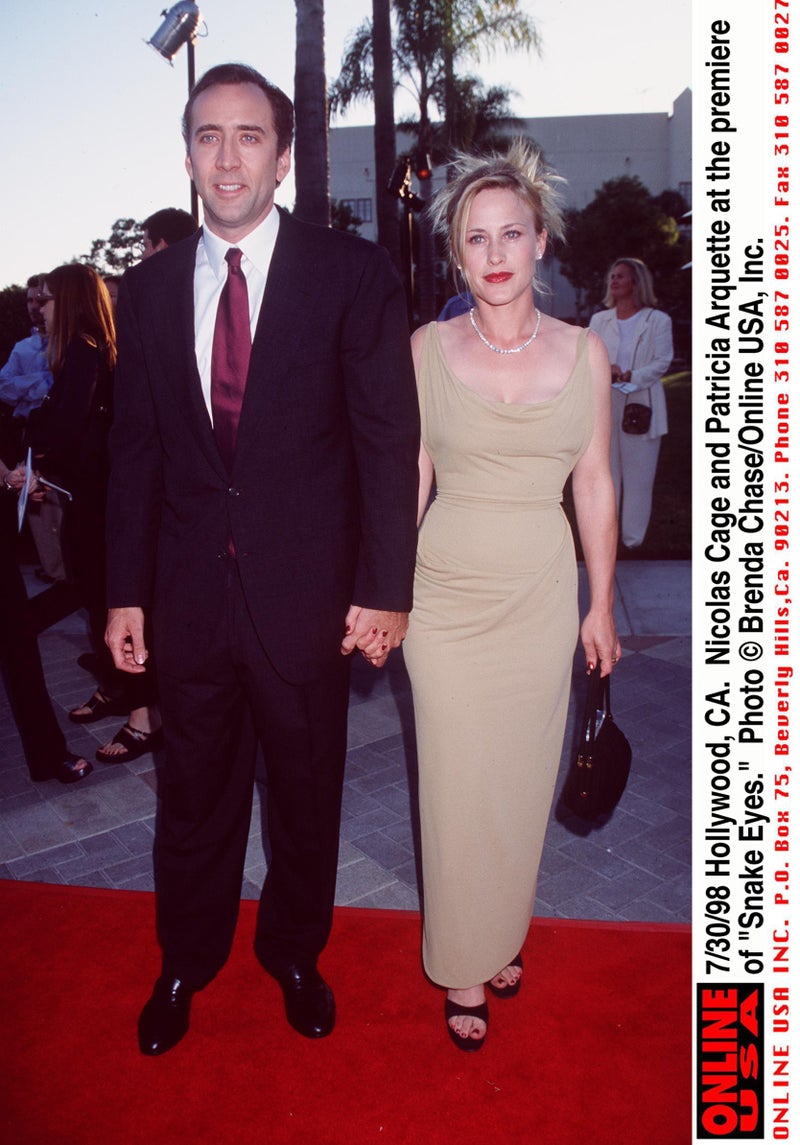It presents us with the temptation to view every fork in the road with dismay, as if every wrong turn was diametrically opposed by a hypothetical decision that could have led to peace and prosperity; if only one person had thought things through a bit more thoroughly, or been more willing to compromise – even, in the case of Olmert, better at sharing his paper map with people – then the events of the last year and a half would have never come to pass.
There is Israel’s former prime minister Ariel Sharon, who planned to give Gaza back to the Palestinians, but whose approach to diplomacy led to wide mistrust and fury (we are shown how he neglected to engage with Palestinian leaders or his own government’s rightwingers over his disengagement plan).
By being able to streamline the subject, by talking to every side – an interview with Hamas’s then political leader, Ismail Haniyeh, conducted weeks before his death in July 2024, is to come – and by refusing to be led by emotion over fact, Percy has created something that deserves to be talked about in the same terms as The World at War.
Percy’s strongest skill as a documentary-maker has always been her ability to secure access to the people who matter, such as Gerald Ford for 1994’s Watergate series and Slobodan Milošević for 1995’s The Death of Yugoslavia.
Given that the authors of the Balfour declaration – a letter written by the British government in 1917 supporting the creation of a Jewish homeland – are all long dead, Percy has decided to venture back only two decades.






























